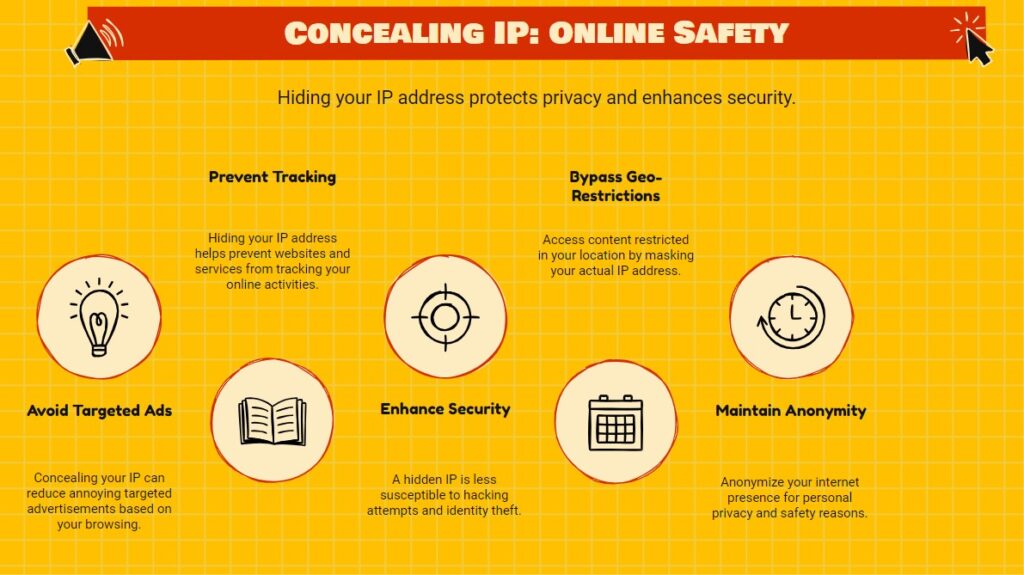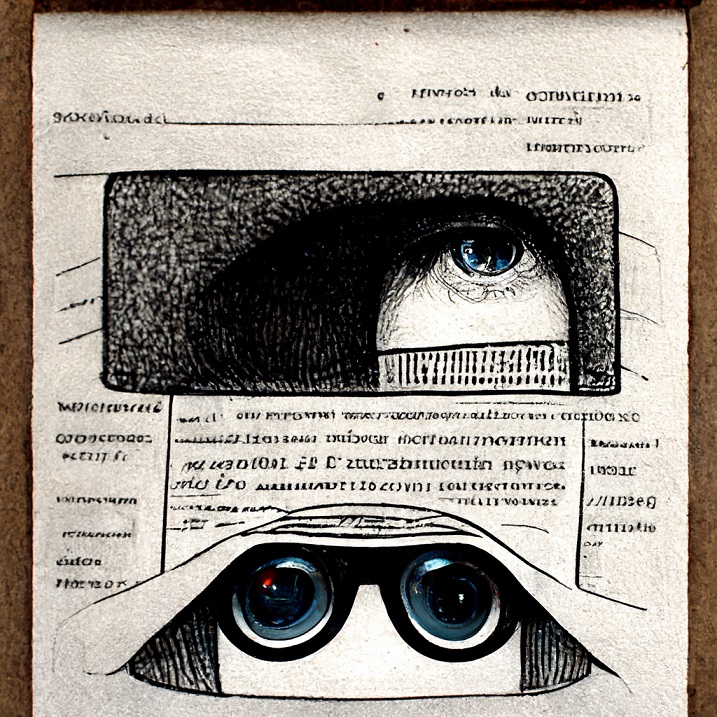How to Hide My Surfing – Browse Anonymously !
If you want to protect your Identity and Privacy online then learning how to hide your IP address and surf by proxy is a very smart move. Unfortunately the privacy and secure browsing industry is full of extremely insecure, overpriced software. Plus loads of people think they can use ‘free tools and services’ they find online. Obviously grown up’s realize that anyone offering to spend time and money on keeping your privacy safe completely free of charge is always going to be up to something. Yet surprisingly people still point their browsers at free proxies and other services ! The irony is that doing this is much actually much worse than using nothing at all!
First a demonstration – of how easy it is to use a VPN to hide your surfing and maintain some privacy online.
Web Browsing Securely with a VPN
Here’s an example of how a VPN operates, as you can see they’re very simple to use. Using most standard VPN services you can hide your browsing, encrypt your data, keep your IP address hidden and bypass all the annoying blocks that are applied based on your location.
Latest NordVPN Discounts
Why You Should Hide My Surf or IP Address
In years gone by, you were often accused of paranoia if you wanted to hide your identity online. However, years of scandals, scams, and stories of government/corporate snooping have pretty much trashed that argument. So why should you hide your surfing and more specifically your IP address when online? Well, here’s a short informational diagram to give you some of the main reasons.

How to Hide My IP Address
Ok this is not terribly hard, your IP address is the one thing online that connects you to your computer. Your internet service provider can actually supply exact details of who is using a particular IP address at any time. This means that anyone using the internet can be tracked or traced from any website they visit from their IP address.
Unique Network Address Records your Browsing and Search History!
The IP address is crucial – it’s unique and can be traced back very easily to your exact location. Obviously this is much worse if you’re using a private connection at home, school or college. Finding an exact person is simple if they also pay for the internet connection. Tracing the person is harder if they’re using a public Wifi connection such as in a cafe, library or cafe but it’s certainly not impossible.

Whenever you’re online it’s important to remember that you are using a unique identifier like an IP address. You can’t avoid this and it can always be easily traced to your location even if finding the exact person may take a little more effort.
Privacy for your IP Address
If you start researching how to hide my ip address the first idea you’ll probably come across is that you should use anonymous proxies. These are servers which sit in between you connection and the web site you visit, if you use a properly configured proxy server and surf by proxy then all the web site will see is the IP address of the Proxy server.It’s not hard to configure your connection to use a proxy – however the huge security problem is the choice of proxies that people use.
In reality the safest and easiest option is to use a VPN to change your IP address when you’re online.
Do You Trust Your Proxy with your Data
Ultimately this is the question you need to ask yourself before you use any sort of proxy. The overall question can be split up into smaller ones which all will help you decide whether someone is trustworthy.
Motivation of Provider
What is the proxy provider getting from this? The simplest is money, paying someone to supply a secure service means that to be successful then they need to keep your data safe. It’s why people will normally choose a trusted or large brand, simply because they are invested in the industry and have more to lose. Word spreads quickly on the internet and a named VPN brand who doesn’t provide a secure service will soon suffer commercially.
So what do the providers of free proxies and VPNs get? It’s a good question and it’s definitely worth considering before you connect to one of these services. Remember with a VPN or Proxy all your data is routed through this server – your usernames, passwords, accounts, emails – everything. So if you use one of these to browse the web anonymously free of charge – the owners of these servers are covering your costs from their own pocket. If you’re over ten years old then alarm bells should be ringing now, who does stuff like this for nothing ?? The answer is nobody !
Free Anonymous Proxies?
This is entirely the problem – simply the word free! When you use a proxy server you are trusting your entire web browsing and all your data to the trust of the owner of the anonymous proxy. All your data is channeled through the proxy server, the vast majority in clear text using HTTP.
Running an anonymous proxy costs money, there are expensive bandwidth costs, hardware, support and maintenance. Have you ever wondered why there are so many free anonymous proxies available on the internet. Well the reason is that majority are hacked or mis-configured servers, the owners generally don’t know they are being used as proxies until the get the bills.
Mis-configured servers are certainly safer, because in this situation you’re simply using a server without someone’s knowledge. The real problem is with the others where hackers and cyrber criminals are providing these free proxies (or using others) in order to steal usernames and passwords to your important sites. This is how they get paid, the free proxies are often the most expensive and can cost you dearly.
So is it safe to Surf by Proxy through these machines ?
In a word no, absolutely not. Let me perhaps demonstrate, last week I was doing some security testing and I set up a server in my home office, I installed Squid and configured the server to act as a proxy server. A few selective posts to the many free anonymous proxies lists across the internet and very soon I had many people surfing through my office server.
All the data on that server is logged and when I shut it down I had huge logs of peoples web browsing – including their IP addresses, all the web sites they visited, passwords, account names, email addresses. Anything not under HTTPS was in clear text and as I had control of their connections even this is not safe (I should point out that these logs were deleted!)
All these people thought they were ‘ninja surfers’, browsing and surfing in complete anonymity – whereas they were completely the opposite – the most insecure surfing technique on the planet.
There’s nothing wrong with using anonymous proxies to surf, they have a place to pay in freedom of speech, anonymous surfing and browsing securely. But if you use a free proxy on a hacked server you are asking for big trouble, it must be secure and it should be private. Beware the commercial software which just has a pretty program that scans for these servers and then sends all your data down through an unknown source.
It’s not secure, it’s not anonymous and frankly it’s just a joke, surf by proxy sure but don’t surf via one that is run by identity thieves, that’s just madness.
Browse Anonymously with a VPN
You can get lots of stuff free on the internet, it’s always been the case. However increasingly their coming at a cost. Most people stopped downloading free movies and music ages ago – the risk of viruses and malware is simply not worth the risk. It’s the same with hiding your surfing, there are free options but they’re incredibly risky to use. You can literally lose thousands if you’re unlucky just to save a few bucks on a legitimate subscription.

Anonymous Browsing with a VPN
Protecting yourself online is important, there’s little built in security when using the web. It’s important to remember that the internet effectively runs over a huge network of shared and borrowed infrastructure. When you connect to a Wi-Fi access point for example – you’re trusting the person who runs/owns that device to allow your traffic to pass without interference. It’s actually very simple to intercept/monitor or even redirect your traffic if they have the skill or motive.
Although a VPN doesn’t guarantee 100% security it is pretty close. Whatever happens to your data, it will be heavily encrypted and important things like user credentials will be safe. Your data can still be intercepted but it will be unreadable. Security is the most important use of a VPN which is why it’s important that you only use a safe, secure and accredited service. Otherwise it’s like handing over all your important documents to a cyber criminal for safekeeping!
Bypassing Online Geo-blocks and Tracking
Outside the world of corporate laptops and securing company assets, the biggest use of VPNs is not security but freedom! Over the past decade, many of the internet’s best websites have started using a technology called geo-blocking or geo-filtering. This involves checking your location before deciding what you can (or cannot) see on the site. Sometimes it’s just used for selecting the matching language, but more commonly is used to filter content to different locations. You’ll see it used on almost every large media site where access is normally restricted to the domestic market.
Thanks Will, a proxy can be many things – but the number one rule is if you don't know it's secure then never use it for anything you would like to remain private!
It will usually obscure your IP address but you'll leave it on the proxy instead.
A really good explanation of how a proxy works, next time Im going to think before using it. Thanks